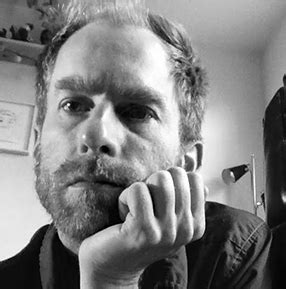A Quote by Paul Auster
All through my writing life, I've had this impulse to write autobiographical works.
Quote Topics
Related Quotes
I can start with the idea of taking until you can take off, through the idea that all of my writing foregrounds the idea of how I'm taking from my own life. I'm stealing from my own life in a way, and from the people around me, but in service of getting somewhere else. I'm starting with an autobiographical impulse, to get a better vantage on the circumstances of the life that I happen to be in at the moment and how that life connects to others.
So this is why I write. Because most times, your life isn’t funny the first time through. Most times, you can hardly stand it. That’s why I write, because life never works except in retrospect. And writing makes you look back. Because since you can’t control life, at least you can control your version.
When I wrote my first book, 'The Tennis Party', my overriding concern was that I didn't write the autobiographical first novel. I was so, so determined not to write about a 24-year-old journalist. It was going to have male characters, and middle-aged people, so I could say, 'Look, I'm not just writing about my life, I'm a real author.'






























